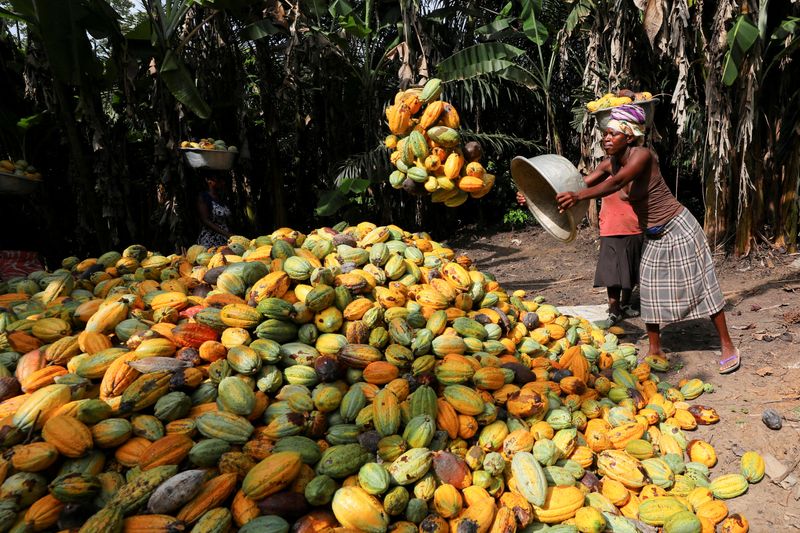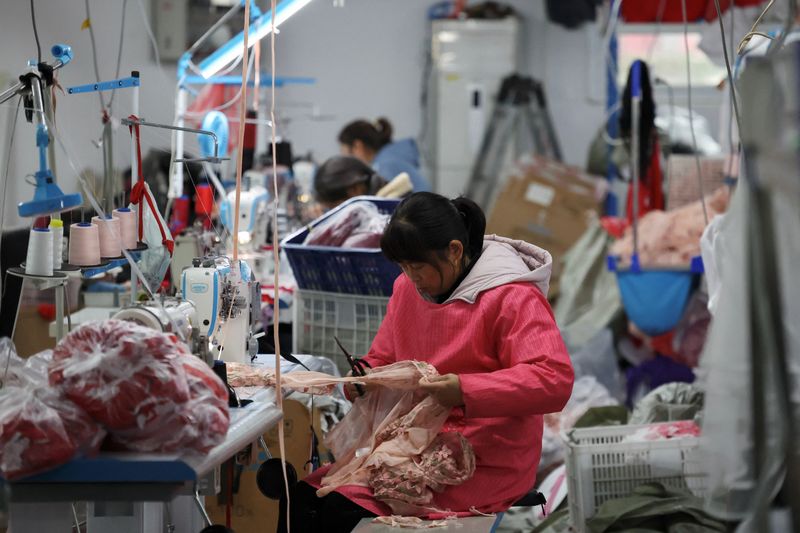By Shariq Khan
(Reuters) – Oil prices slipped in early Asian trading on Friday, with weak demand in focus after the OPEC+ group postponed planned supply increases and extended deep output cuts to the end of 2026.
Brent crude futures fell by 9 cents, or 0.1%, to $72 per barrel by 0116 GMT. U.S. West Texas Intermediate crude futures fell by 4 cents, or 0.1%, to $68.27 per barrel.
For the week, Brent was on track to drop more than 1%, while WTI hung on to a marginal 0.1% gain.
The Organization of the Petroleum Exporting Countries and its allies on Thursday pushed back the start of oil output rises by three months until April and extended the full unwinding of cuts by a year until the end of 2026.
The group, known as OPEC+ and responsible for about half of the world’s oil output, was planning to start unwinding cuts from October 2024, but a slowdown in global demand – especially in China – and rising output elsewhere have forced it to postpone the plan several times.
“The announcement makes crystal clear that the group is worried about both a potential supply glut and a lack of compliance with production targets among member countries,” said Mukesh Sahdev, head of oil analysis at Rystad Energy.
The latest extension puts OPEC+ output below major banks’ previous forecasts, which could provide some support for the market going forward, analysts at energy-focused consultancy FGE said.

The net result of the supply cut extensions is a 500,000 barrels-per-day reduction to Barclays (LON:BARC)’ previous expectations of a 900,000 bpd oil surplus for next year, Amarpreet Singh, energy analyst at the British bank, told clients in a note on Thursday.
“The immediate price reaction has been muted, likely reflecting limited enthusiasm among market participants that this would be enough to counter weak demand, so the waiting game for an improvement in the demand outlook continues,” Singh noted.








